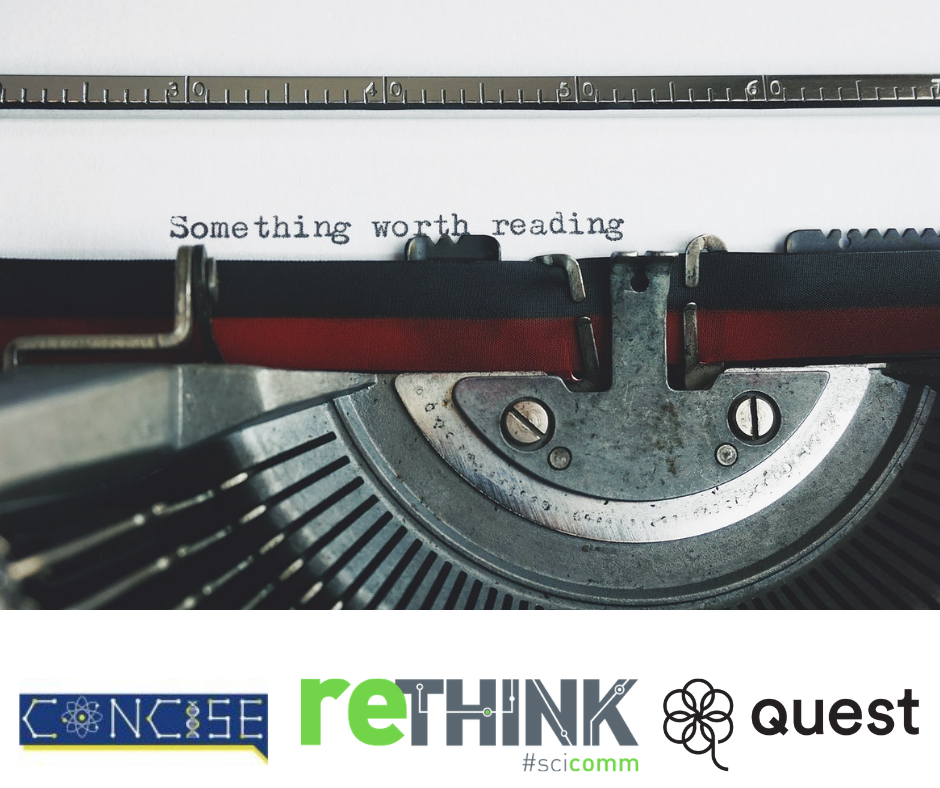
We are pleased to announce the publication of the first JCOM Special Issue on “Re-examining Science Communication: models, perspectives, institutions.”
While science communication may be more important than ever, it is also more challenging. The boundaries between science and society are blurring and digitalization transforms the public sphere. Changes in the relationship between science and society and its increasing inclusion in official discourses have opened new opportunities for dialogue and collaboration. At the same time, this may have produced challenges for the authority of science, which can be openly contested, negotiated, and transformed in public arenas. This transformation of the relationships between science and society has been fundamentally intensified by the digitalization of the media landscape. New media have increased the diversity of actors using, sharing and generating science content, their communication practices and the strategies they use.
This JCOM special issue aims to rethink science communication considering its ever-changing landscape, building on the European Commission’s focus on science communication within the “Science with and for Society” (SwafS) Work Programme. It is a joint initiative of three EU-funded projects: RETHINK, CONCISE and QUEST.
We welcomed manuscripts with different backgrounds and methodological approaches that explored the state-of-the-art of science communication, its challenges and opportunities, and that proposed tools, strategies and methodologies to open up the field wider to society and to research as well as non-research institutions.
Research papers, essays and review papers considering issues under the following themes were particularly welcome:
- The emerging science communication landscape and the roles and relationships of institutions, scientists and science communicators (online and offline)
- Trends and variations in science communication models and practices across contexts
- How do publics navigate and engage in the science communication landscape?
- Motivations and challenges in engagement practices of scientists and science communicators (online and offline)
- Science communication policies: incentive structures for scientists, journalists, museums
- Quantity vs. quality, digitalization of the media and the spread of misinformation
- The role of science communication to promote engaged research and participatory science
The call opened on July 30th and the deadline for submissions was 16 November 2020, with the Special Issue being published in May 2021. We have received a total of 45 papers from 23 countries.
Open access to the accepted papers here: https://jcom.sissa.it/archive/20/03
